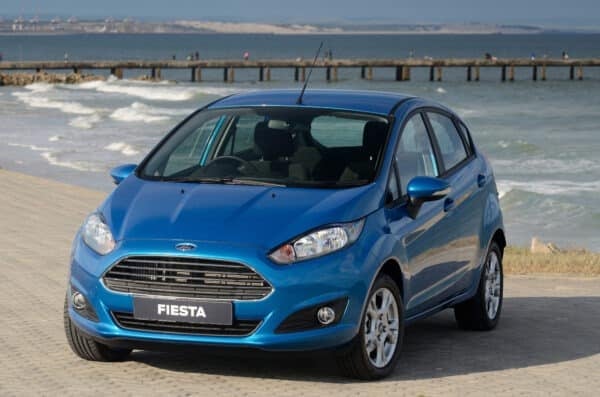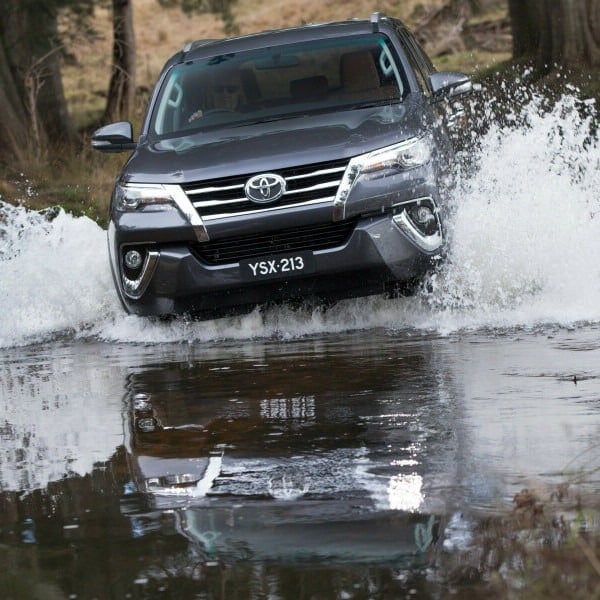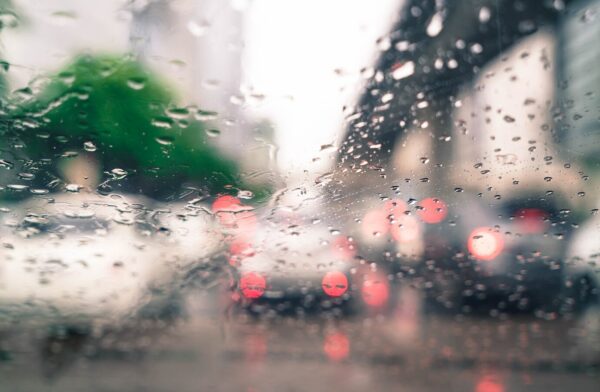Buying a used vehicle for the first time may seem intimidating.
There are a number of things to look for and be aware of when buying a used car. To make things easier for you, weve put together a guide for you. If you take the time to carry out a visual check, mechanical check, research the vehicles history and make sure that the proper documents are available, the whole experience will be painless.
The Visual Check
When performing a visual check always:
- Look for rust or water damage. Check the underside of the car as well.
- Look for offset doors, fenders, or uneven lines. This could mean that there has been damage to the frame.
- Look for cracks and differences in paint colour. This could indicate that the vehicle was in an accident.
- Look for dents or scratches.
- Always speak up about anything you find and try to negotiate a lower price because of them or see if you can have them fix it before you agree to purchase.
The Mechanical Check
Check the fluids first:
- Make sure the coolant is clear and that the transmission fluid isnt black or oily.
- Check the oil to make sure its not milky or frothy, and that the brake fluid is no darker than the colour of tea.
- Check underneath the engine to see that there are no leaking fluids and check the belts for any cracks.
You should also be aware of new parts. If you test drive the car, request that the seller drive while you travel as a passenger:
- Turn off any music, and confirm that there are no strange noises or rattling.
- Observe the steering wheel to ensure the alignment is correct.
Research Vehicle History
When buying a used vehicle, its a good idea to run a vehicle history report.
- Ask to see the service book as well as any repair invoices and receipts.
- Check that the sellers identity and the registration information match to confirm that the vehicle is not stolen.
Necessary Documentation
Make sure you have the needed documents to register the vehicle should you choose to buy it.
Youll need:
- An I.D.
- The Vehicle Registration Certificate in the sellers name
- A Roadworthy Certificate, if the current Registration Certificate is older than six months
- Proof of Purchase
- A valid drivers License
- The application form for Registering and Licensing a Motor Vehicle (RLV)
- The registration fee itself
Choose a Reputable Dealer
Most importantly, remember to trust your instincts. If something doesnt seem right, it probably isnt, so dont be afraid to walk away. Also, always handle private transactions from a safe environment such as a bank. This way, no one has to carry large sums of money on their person, and all the money can be verified and deposited at the time of the transaction. Buying a used car doesnt have to be a negative experience. Armed with the right information, you can buy your next dream car with confidence.



